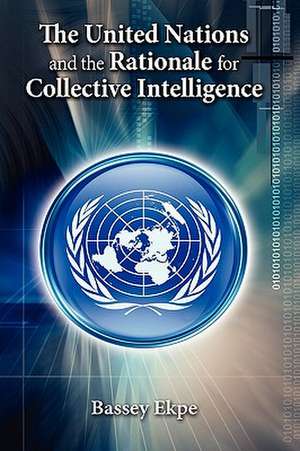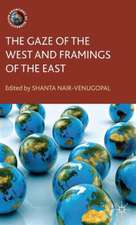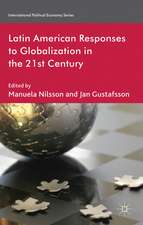The United Nations and the Rationale for Collective Intelligence
Autor Bassey Ekpeen Limba Engleză Hardback – 31 mai 2009
Preț: 706.50 lei
Preț vechi: 776.38 lei
-9% Nou
Puncte Express: 1060
Preț estimativ în valută:
135.21€ • 140.79$ • 114.27£
135.21€ • 140.79$ • 114.27£
Carte tipărită la comandă
Livrare economică 10-24 martie
Preluare comenzi: 021 569.72.76
Specificații
ISBN-13: 9781604976144
ISBN-10: 1604976144
Pagini: 420
Ilustrații: 1
Dimensiuni: 152 x 229 x 27 mm
Greutate: 0.79 kg
Ediția:New.
Editura: Cambria Press
Locul publicării:United States
ISBN-10: 1604976144
Pagini: 420
Ilustrații: 1
Dimensiuni: 152 x 229 x 27 mm
Greutate: 0.79 kg
Ediția:New.
Editura: Cambria Press
Locul publicării:United States

















